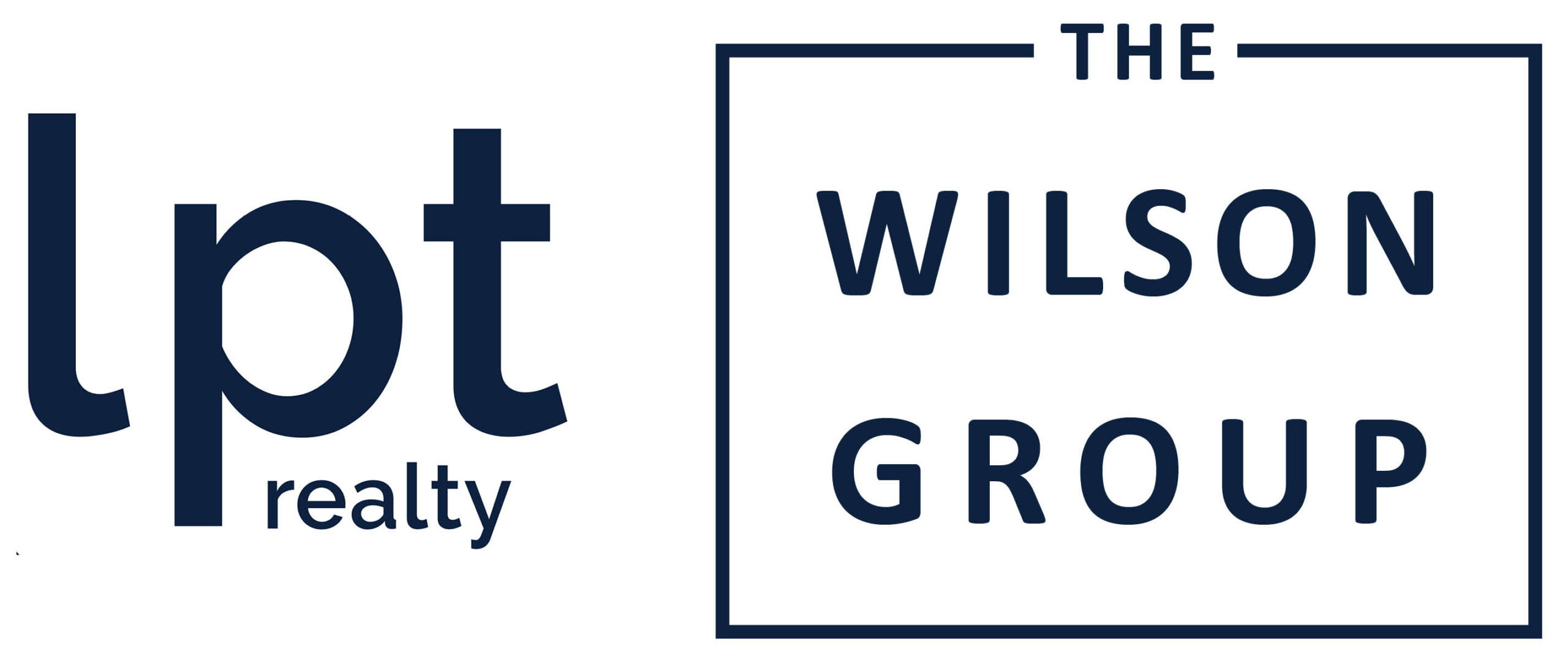Buying a home is a significant investment, and careful planning can help ensure a successful and stress-free experience. Here are some essential home buying tips:

Determine Your Budget
- Assess Your Finances: Review your income, savings, and expenses to determine how much you can afford.
- Get Pre-Approved: Obtain a mortgage pre-approval to understand your borrowing capacity and show sellers you’re a serious buyer.
- Consider Additional Costs: Account for closing costs, property taxes, home insurance, maintenance, and potential renovations.
Define Your Needs and Wants
- Prioritize Features: List your must-haves and nice-to-haves, such as location, number of bedrooms, yard size, and amenities.
- Be Realistic: Balance your wish list with what’s feasible within your budget.
Research the Market
- Explore Neighborhoods: Investigate different areas to find the best fit for your lifestyle, commute, schools, and amenities.
- Market Trends: Stay informed about market conditions, such as whether it’s a buyer’s or seller’s market, and price trends in your desired area.
Hire a Real Estate Agent
- Find a Trusted Agent: Choose an experienced real estate agent who knows the local market and can guide you through the process.
- Communication: Ensure your agent understands your needs and keeps you informed throughout the buying process.
Start House Hunting
- Use Online Listings: Utilize real estate websites and apps to browse listings and narrow down your options.
- Attend Open Houses: Visit open houses to get a feel for the properties and their neighborhoods.
- Be Open-Minded: Be willing to compromise on some aspects to find a home that meets most of your criteria.
Make an Offer
- Offer Strategically: Work with your agent to make a competitive yet reasonable offer based on comparable sales and market conditions.
- Be Prepared to Negotiate: Be ready to negotiate with the seller on price, contingencies, and closing date.
Conduct Due Diligence
- Home Inspection: Hire a professional inspector to assess the condition of the home and identify any potential issues.
- Review Disclosures: Carefully review the seller’s disclosures for any known problems with the property.
- Research Title: Ensure the title is clear and free of any liens or legal issues.
Secure Financing
- Choose the Right Mortgage: Compare different loan options and choose the one that best fits your financial situation.
- Lock in Your Rate: Consider locking in your interest rate to protect against potential rate increases before closing.
Prepare for Closing
- Final Walk-Through: Conduct a final walk-through of the property to ensure it’s in the agreed-upon condition.
- Review Documents: Carefully review all closing documents and ask questions if anything is unclear.
- Closing Costs: Be prepared to pay closing costs, which typically include fees for the mortgage, appraisal, title insurance, and other services.
Post-Purchase Tips
- Set Up Utilities: Arrange for the transfer or setup of utilities such as electricity, water, gas, internet, and cable.
- Change Address: Update your address with the post office, banks, insurance companies, and other important contacts.
- Maintenance Plan: Create a maintenance schedule to keep your home in good condition and address any repairs promptly.
By following these tips, you can navigate the home buying process more effectively and make informed decisions that align with your financial goals and lifestyle needs.
